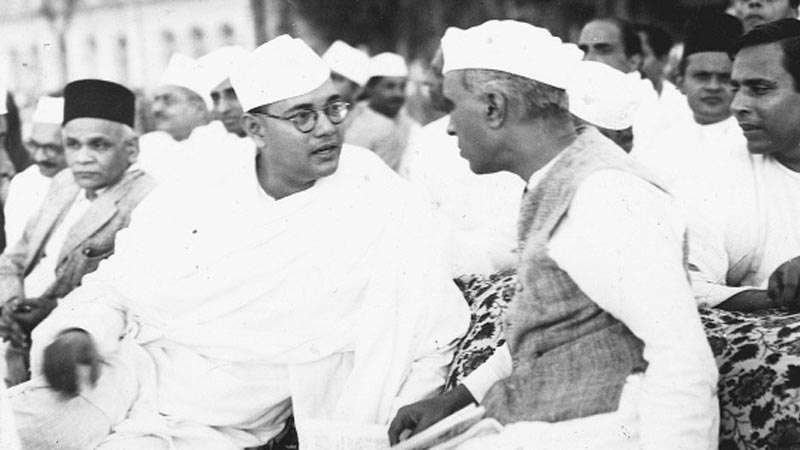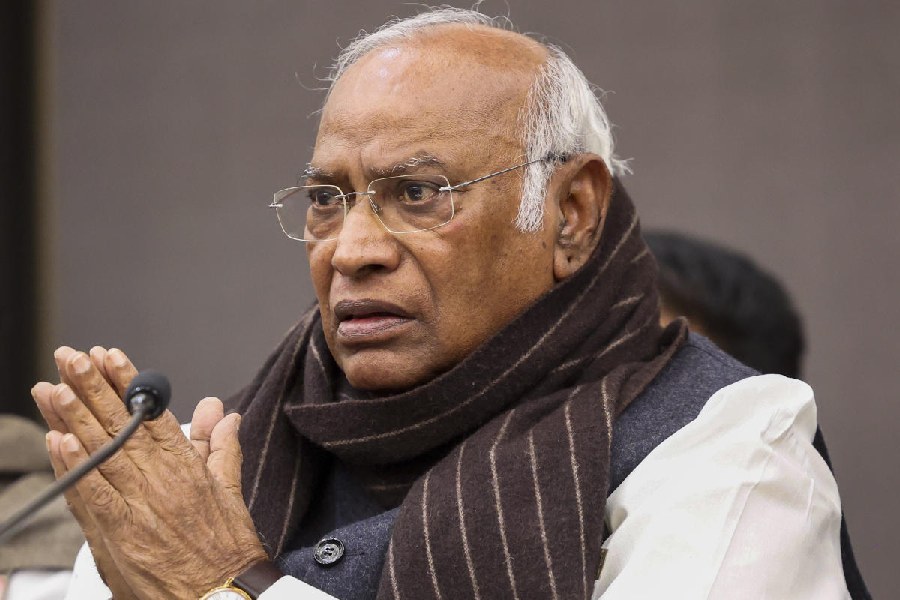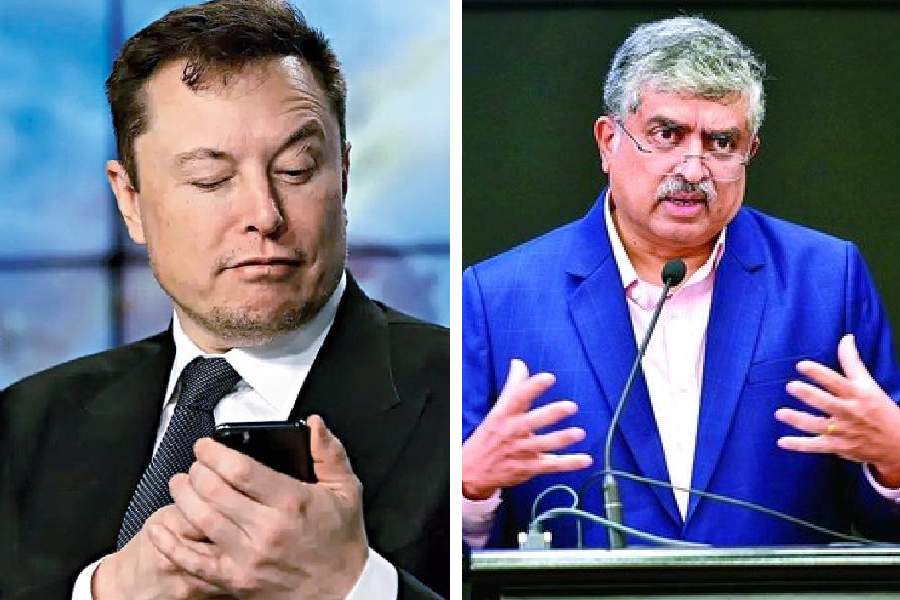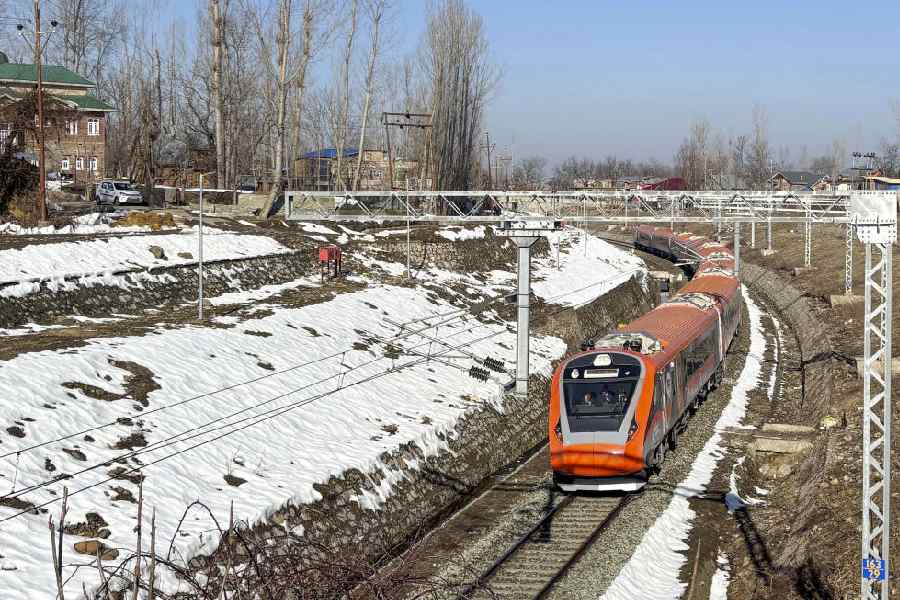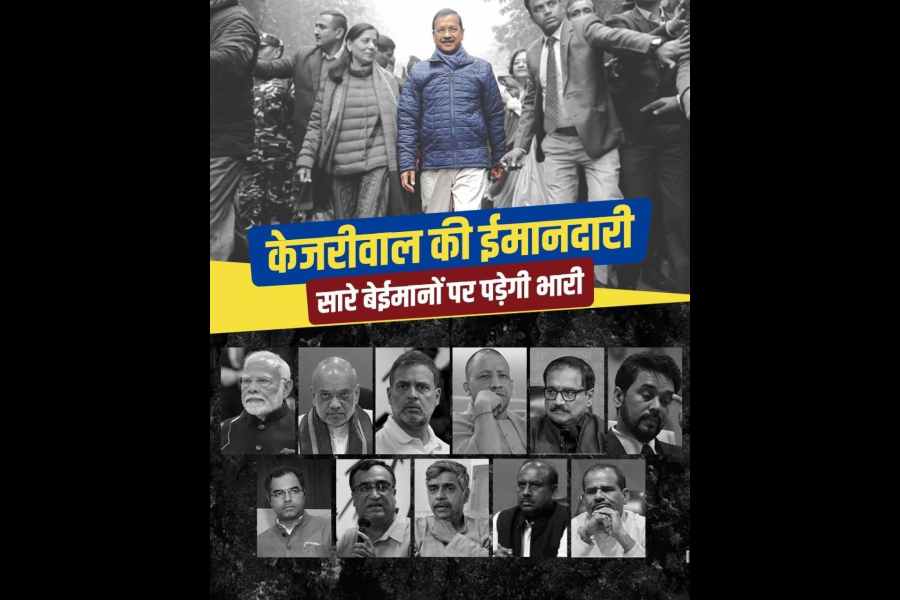Subhas Chandra Bose was born on January 23, 1897. Netaji was one of the most charismatic leaders of the Independence movement who, before the saga of the Indian National Army, was twice the president of the Indian National Congress. Bose, who started his political career as a protégé of Deshbandu Chittaranjan Das, became, along with Jawaharlal Nehru, the most popular leader of the country’s youth. In 1928, the Nehru Report, prepared by Motilal Nehru — he headed a committee of an all-party conference to prepare a draft for the Constitution of free India — was made public. It was presented on the assumption that the new Constitution will be based on Dominion Status. This was opposed by the young radical group of the Congress headed by Nehru and Bose who were propagating full independence.
However, when it came to the choice of the president of the Congress session at Calcutta, Bose not only supported Motilal Nehru but also went to the extent of saying nobody else would be acceptable. He wrote to the elder Nehru on July 28, 1928: “I cannot tell you how disappointed the whole of Bengal will feel if for any reason you decline the Congress Presidentship… we can think of nobody else who can rise to the occasion.” Jawaharlal Nehru was elected president of the next session at Lahore where the resolution of ‘complete independence’ was passed and January 26 (later Republic Day) declared as Independence Day. The decade of 1930-40 saw four stalwarts of the Congress as presidents of the party: Sardar Patel, Jawaharlal Nehru, Netaji and Maulana Azad. Of all these leaders of the Congress after M.K. Gandhi, no two leaders were as close to each other than Nehru and Bose till the latter fell out with Gandhi in 1939 which also adversely affected his relations with Nehru. Both Nehru and Bose had their vision of India lit up by the idea of socialism. Both laid emphasis on centralized planning, heavy industries and State ownership of key industries. The deep ideological affinity they shared turned into a strong personal bond. When Kamala Nehru died in Lausanne in February 1936, Bose, already in Europe, reached there before she breathed her last and helped Jawaharlal make the funeral arrangements.
Before Kamala died, the presidentship of the 1936 Congress session at Lucknow had been offered to Jawaharlal. Within a few days of her death, Bose wrote to Nehru on March 6, 1936 from Austria: “Among the front rank leaders of today, you are the only one to whom we can look up to for leading the Congress in a progressive direction. Moreover your position is unique and I think even Mahatma Gandhi will be more accommodating towards you than towards anybody else.”
After Bose was elected president of the Congress in 1938 for its 51st session in Haripura, Nehru, after a strenuous election campaign tour of the country, left for Europe where he propagated India’s case and got the opportunity to acquaint himself with the situation that was leading towards the Second World War. On October 19, 1938, Bose wrote to him: “You cannot imagine how I have missed you all these months… you have been able to do such valuable work during your stay in Europe... several problems will await solution till you are back.” The newly-elected Congress president, who had offered Nehru the chairmanship of the proposed National Planning Committee, repeated the offer: “Hope you will accept the Chairmanship of the National Committee. You must if it is to be a success.”
The relations between Nehru and Bose continued to be cordial even after the latter was re-elected as the Congress president in 1939. When differences arose between the Mahatma and Bose on the constitution of the CWC, the latter sought Jawaharlal’s advice and wrote to him on April 15, 1939: “Will it be possible for you to run up here for a few hours? We could then have a talk and I could have your advice as to how to proceed next?” Jawaharlal not only travelled from Allahabad to Manbhum in Bihar to meet Bose, who was bedridden, but also wrote to Gandhi on April 17: “I think now, as I thought in Delhi, that you should accept Subhas as President. To try and push him out seems to be an exceedingly wrong step.” But despite Jawaharlal’s best efforts, the differences between the Mahatma and Bose could not be resolved. It had become extremely difficult for Gandhi to reject the advice of his colleagues in the right-wing, led by Patel, who were determined not to compromise with Bose. Ultimately, Bose resigned from the Congress, formed his own party — the Forward Bloc — and the rest, as they say, is history.
Lest it be forgotten. Netaji named one of the brigades of his INA ‘Nehru Brigade’. After he died in an air crash in 1945, Nehru ensured that his widow, Emilie, was given life-long financial assistance by the Congress. With West Bengal elections around the corner, there will be attempts to distort history and exaggerate the differences between Bose and Nehru. Yes, there were differences, but only 1939 onwards. The differences were restricted to views on fascism and the relationship with Gandhi. Nobody could have put it better than Rudrangshu Mukherjee who, in his book, Nehru and Bose: Parallel Lives, writes: “Subhas believed that he and Jawaharlal could make history together. But Jawaharlal could not see his destiny without Gandhi. This was the limiting point of their relationship.”

